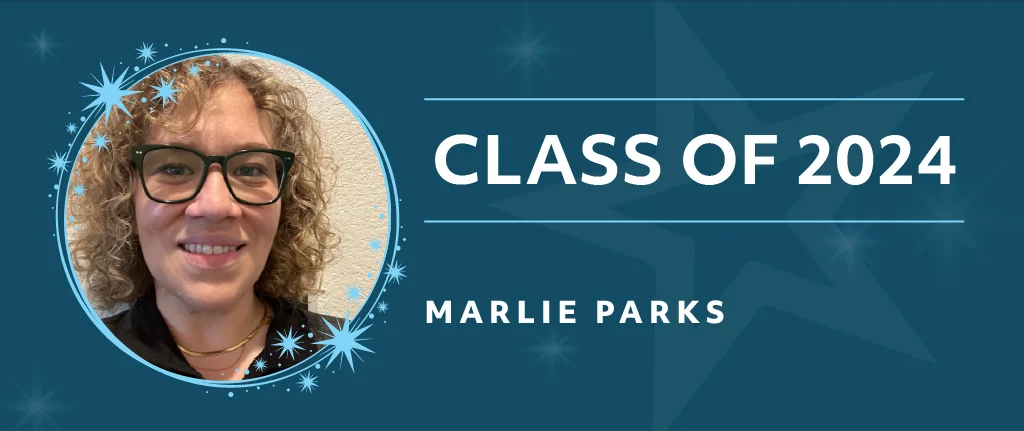
Marlie Parks, Case Manager at Innovive Health, has been named a 2024 Frontline Honors honoree by Home Health Care News.
To become a Frontline honoree, an individual is nominated by their peers. The candidate must be:
- A dedicated, high-performing frontline worker who delivers exceptional experiences and outcomes
- A passionate worker who knows how to put their vision into for the good of their respective industry, the patients and residents they serve, and their families
- An advocate for their industry and their fellow colleagues
Home Health Care News recently caught up with Parks to discuss their time in the home health & home care industry.
HHCN: What drew you to this industry?
Parks: While working in inpatient psychiatric hospitals, I noticed a recurring trend – many of the same patients were admitted repeatedly for issues that could have been prevented with proper care outside the hospital. This realization motivated me to find ways to provide accessible care and reduce unnecessary hospitalizations. I wanted to be part of the frontline response, addressing patients’ needs before they reached a crisis. When Innovive Health expanded into Colorado, I saw an opportunity to contribute to the company’s mission and to serve the state’s most vulnerable population, where access to mental health care remains a significant challenge.
HHCN: What’s your biggest lesson learned since starting to work in the industry?
Parks: The most important lesson I’ve learned is the significant lack of access our behavioral health patients have to basic needs and self-care. Many do not receive regular primary or psychiatric care and lack the knowledge or resources to seek it out. They often face educational gaps, limited support, and overwhelming barriers – leaving them unsure of where to begin.
HHCN: What’s your favorite part about your job?
Parks: My favorite part of this job is seeing the small wins that make a huge impact on my patients’ lives – whether it’s helping someone secure housing, preparing for a job interview, or simply restoring a sense of dignity that so many of them have lost. Every day, I have the opportunity to engage with individuals who are often overlooked, providing them with the care, advocacy, and support they need to regain self-efficacy and autonomy.
The human aspect of this work is what drives me. It’s not just about providing medical care; it’s about meeting people where they are, understanding their struggles, and finding solutions that truly matter. I’ve had the privilege of witnessing firsthand how persistence and compassion can change lives – like when I was able to help a patient experiencing homelessness secure long-term placement after he was removed from a shelter. He had no voice in that moment, but I knew I could be his advocate. Every person deserves to feel seen, heard, and valued. Being able to provide that, even in the smallest ways, is what makes my job so incredibly rewarding.
HHCN: What do you want the general public to better understand about your job and the industry you serve?
Parks: I want the general public to understand that when it comes to cases like these, it takes a village. There are so many ways that the entire community can get involved and make a difference for the most vulnerable individuals. Whether you have medical licensing or not, you can become part of care teams like ours. Since joining Innovive Health’s Colorado team, I have worked very closely with different groups and community members, whether it be meeting with the Lieutenant Governor about Medicaid, partnering with local shelters, warming stations and first responders, or collaborating with community churches, clinics and local primary care providers. Everyone can be an advocate and get involved; everyone has something they can contribute, so it would make a world of a difference if more people understood and embraced this mentality.
HHCN: What’s something that you wish other people in your organization – particularly leaders who don’t work on the front lines – understood better about your job?
Parks: I’d like leaders to understand how crucial it is to stay connected to frontline nurses. The farther they move from patient care, the more they need to engage with those of us working directly with patients. Any form of disconnect can make patient-centered care difficult, especially when making decisions about the next steps or discharges. Nurses see the real challenges patients face every day, and our voices need to be heard. The best outcomes happen when leadership and frontline staff work together to ensure decisions truly reflect patient needs. I’m fortunate to be part of an organization where many of our leaders are clinicians, and it is clear that has influenced both our mission and the work that we do every day to serve our patient population.